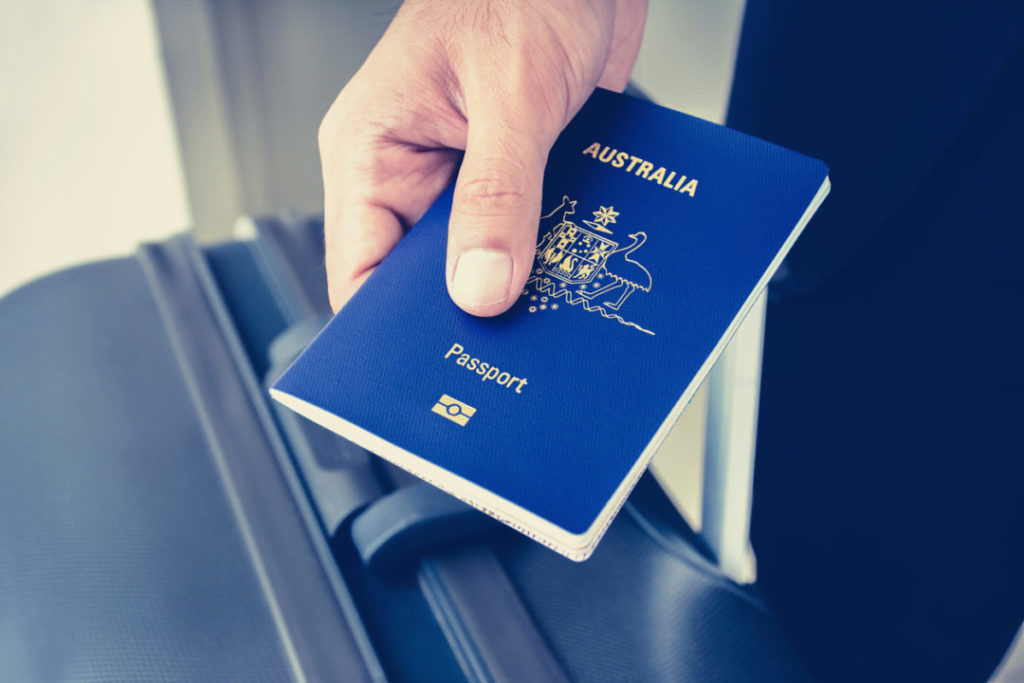
Australia is indeed ‘the lucky country’ and it’s no secret. Each year thousands of individuals from around the world and within Australia apply to live and work permanently in Australia, attracted by job opportunities, lifestyle and a comfortable climate. Australia has a long history of migration and that tradition continues today, but the laws and processes surrounding migration to Australia have grown increasingly complex. If you’re looking to migrate to Australia you may consider using a registered migration agent, but do you actually need one? We take a look.
What is a Registered Migration Agent?
A registered migration agent (RMA) provides immigration assistance to individuals applying to migrate to Australia. Immigration assistance is defined in s276 of the Migration Act 1958 where ‘immigration assistance’ includes helping to prepare a visa application or other documents, offering advice, as well as preparing for proceedings and representing a visa applicant before a court or review authority.
By law, a migration agent must be registered with the Office of the Migration Agents Registration Authority (MARA) and it is considered an offence for unregistered persons to offer immigration assistance. Mandatory registration and professional development requirements ensure that migration agents are aware of current laws, procedures and offer correct advice. A migration agent is required to study for six months before they obtain a certificate that enables them to apply to be registered as a Migration Agent with MARA. Lawyers who have practicing certificates may also apply to the Office of the MARA to be registered as a migration agent.
Can You Apply for a Visa Without a Migration Agent?
A registered migration agent is not necessary to lodge a visa application. Visa applicants can lodge any kind of visa application themselves and generally this can be done online.
Why Would You Consider Using a Migration Agent?
The decision to use a migration agent is a personal one, and much like many other situations where you can do it yourself or engage the services of a professional.
The laws and processes surrounding migration to Australia can be difficult to navigate, especially if English is your second language. With over 140 visas, applicable to different situations and each carrying different requirements, assistance navigating Australia’s migration policies can be invaluable, saving applicants time, especially if their case is complex.
How Can a Migration Agent Help with your Visa Application?
Engaging the services of a registered migration agent will not necessarily improve your chances of a successful application, speed up the process or influence the outcome in any way. In fact a migration agent can not guarantee a successful visa application.
So how can a migration agent help?
The value of a migration agent lies in their ability to help you apply for the right visa and prepare all necessary documents to ensure a valid application is submitted. Even small mistakes or oversights can render an application invalid and such applications will not be considered. A migration agent performs the following services:Advise the most suitable visa
- Advise the most suitable visaOffer opinion on the likelihood of success
- Offer opinion on the likelihood of successEnsure required application documents meet Australian standards
- Ensure required application documents meet Australian standardsAdvise of costs associated with the application and ensure these are paid
- Advise of costs associated with the application and ensure these are paid
- Assist with complications or points of law
- Ensure an application form is completed and submitted correctly
- Prepare a submission to support an application
- Where an application is not successful a migration agent can submit an appeal
What is the Difference Between Migration Agents and Immigration Lawyers?
While a registered migration agent can offer ‘immigration assistance’ they can not provide ‘immigration legal assistance’. Immigration legal assistance is defined under s277 of the Migration Act 1958 where the main difference between ‘immigration assistance’ and ‘immigration legal assistance’ is the immigration lawyer’s ability to act for the visa applicant and provide legal advice, rather than simply help with preparation of the application.
Conversely, an immigration lawyer can not offer immigration assistance unless they are also registered as a migration agent. To cover all bases, an immigration lawyer who is also registered as a migration agent can offer the most help and support when it comes to your visa application. In addition to the duties of a registered migration agent, an immigration lawyer brings years of study and the skills to deal with legislative complexities and apply the law to specific situations.
Finding a Migration Agent
All registered migration agents are listed on the MARA website. You can find an agent by searching personal details or location.
At Taylor & Scott Lawyers our registered migration agents are also experienced immigration lawyers. They bring their expertise and experience to your visa application to make the process as quick, cost-effective and easy as possible.
For more information on how our registered migration agents can help you, arrange an appointment using our online contact form or call 1800 600 664.
At Taylor & Scott “We Care For You”.








